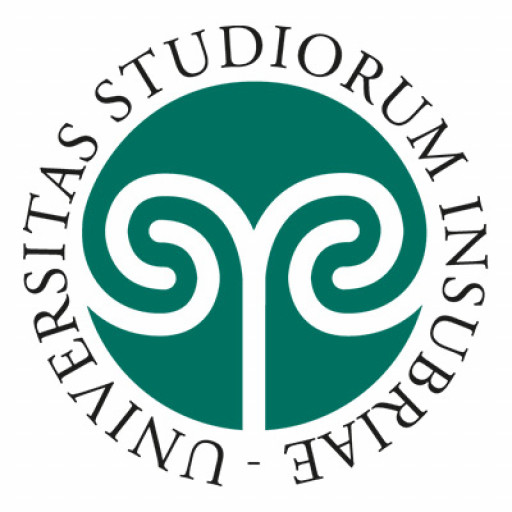Photos of university / #ucl
This six-year programme includes an integrated BSc (except for graduate entrants with UK degrees), leading to the awards of Bachelor of Science (BSc) and Bachelor of Medicine and Bachelor of Surgery (MBBS). The curriculum is centred on key health problems, clinical presentations and patient pathways. You will have clinical contact throughout with patients and doctors.
In each year of your degree you will take a number of compulsory modules. Modules are assessed in the academic year in which they are taken through both formative and integrated summative methods.
Your degree will follow a six-year programme inclusive of an integrated BSc (except for graduate entrants with UK degrees) leading to the award of the Bachelor of Science (BSc) and Bachelor of Medicine and Bachelor of Surgery (MBBS).
The MBBS programme aspires to educate the 'UCL Doctor': a highly competent and scientifically literate clinician who is equipped to practise patient-centred medicine in a constantly changing modern world and has a foundation in the basic medical and social sciences.
The MBBS at UCL is a six-year integrated programme of study. Each year is comprised of a number of themed integrated modules, focusing on:
Year 1: Fundamentals of Clinical Science 1
Year 2: Fundamentals of Clinical Science 2
Year 3: Integrated BSc
Year 4: Integrated Clinical Care
Year 5: The Life Cycle and Specialist Practice
Year 6: Preparation for Practice
Students who are already UK graduates are exempt from the integrated BSc and will move directly from year two to year four.
Clinical and Professional Practice (CPP) modules run 'vertically' across the entire MBBS programme.
There are 16 CPP modules organised into three groupings: Integrated Clinical and Professional Practice (including: Anatomy and Imaging, Cinical Skills and Practical Procedures, Pathological Sciences, Use of Medicines and Use of Evidence); Overarching Themes (including: Mental Health, Social Determinants of Health, Ethics and Law and Clinical Communication); and Student-centred Learning, Person-centred Learning.
Students may choose Student Selected Components (SSCs) in years one, two and six and in the elective period in year six. SSCs allow students to pursue special interests and develop a range of generic skills. They include choices in science, research, the arts, and humanities and languages.
For highly motivated and especially able students there is the opportunity to obtain a PhD in addition to the BSc and MBBS degrees. A small number of students are selected each year for the MB PhD programme. Selection takes place during year four of the programme.
A levels
Grades
A*AA
Subjects
Biology and Chemistry required.
GCSEs
English Language and Mathematics at grade B. For UK-based students, a grade C or equivalent in a foreign language (other than Ancient Greek, Biblical Hebrew or Latin) is required. UCL provides opportunities to meet the foreign language requirement following enrolment, further details at: www.ucl.ac.uk/ug-reqs
IB Diploma
Points
39
Subjects
A total of 19 points in three higher level subjects including Biology and Chemistry, each with minimum score 6. No score below 5.
Want to improve your English level for admission?
Prepare for the program requirements with English Online by the British Council.
- ✔️ Flexible study schedule
- ✔️ Experienced teachers
- ✔️ Certificate upon completion
📘 Recommended for students with an IELTS level of 6.0 or below.








